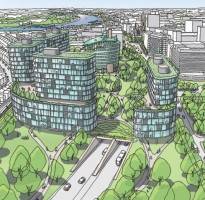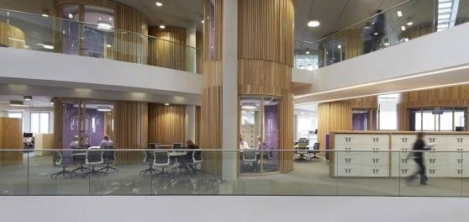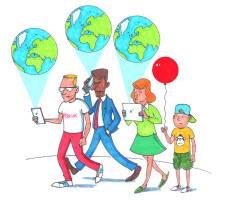April 24, 2015
Half of people say flexible work is a key consideration when changing jobs 0
 The days when staff would commit to a business for life and be chained to a desk for upwards of 10 hours per day are long gone, as today’s employees increasingly seek flexible work. According to a survey of over 1,000 UK workers by PageGroup, 26 percent of people would cite flexible working as the most important consideration for their next job, compared to 18 percent who cited it as a primary consideration in their current role. Across all age categories, respondents are more motivated by the opportunity to work flexibly than they were at the start of their career, with 57 percent of respondents highlighting this as a key motivator. Forward-thinking organisations, particularly the media and tech start-ups typified by those based at London’s Silicon Roundabout, are now high on the wish list for candidates.
The days when staff would commit to a business for life and be chained to a desk for upwards of 10 hours per day are long gone, as today’s employees increasingly seek flexible work. According to a survey of over 1,000 UK workers by PageGroup, 26 percent of people would cite flexible working as the most important consideration for their next job, compared to 18 percent who cited it as a primary consideration in their current role. Across all age categories, respondents are more motivated by the opportunity to work flexibly than they were at the start of their career, with 57 percent of respondents highlighting this as a key motivator. Forward-thinking organisations, particularly the media and tech start-ups typified by those based at London’s Silicon Roundabout, are now high on the wish list for candidates.



























May 18, 2015
Management is needed to ensure people actually use sit stand workstations
by Kati Barklund • Comment, Furniture, Wellbeing, Workplace design
(more…)